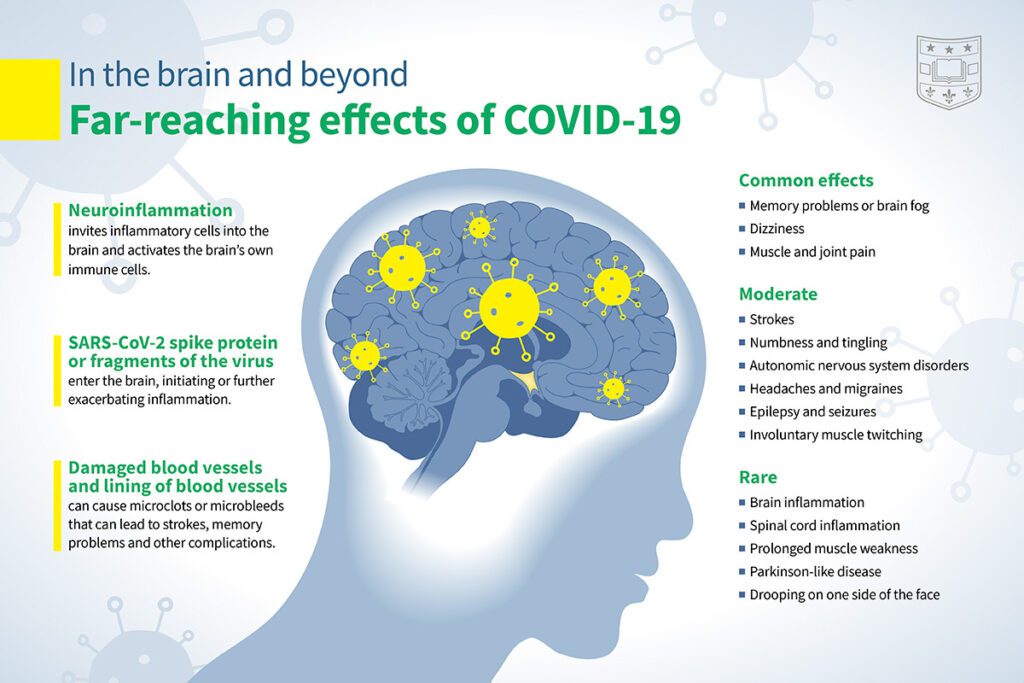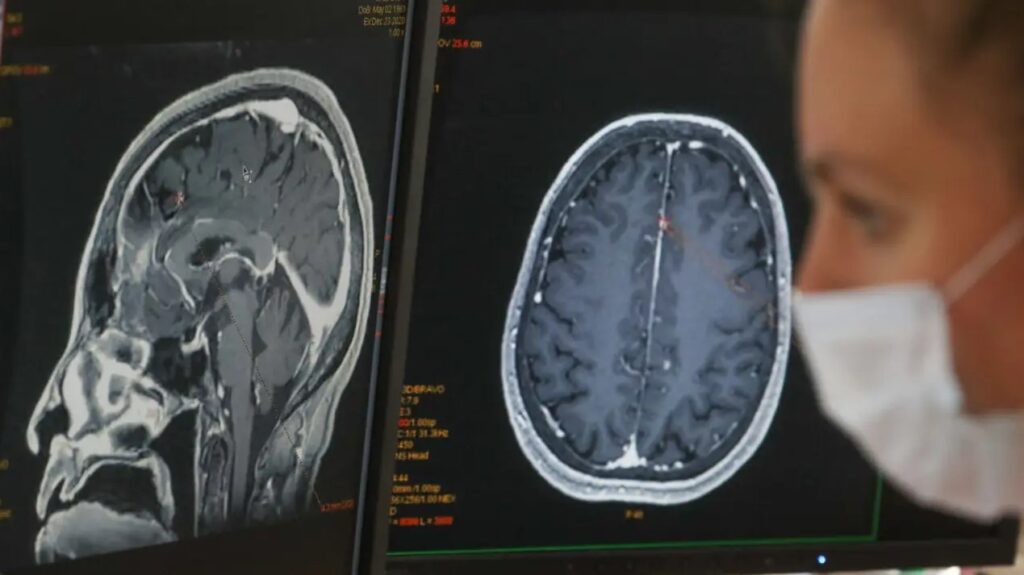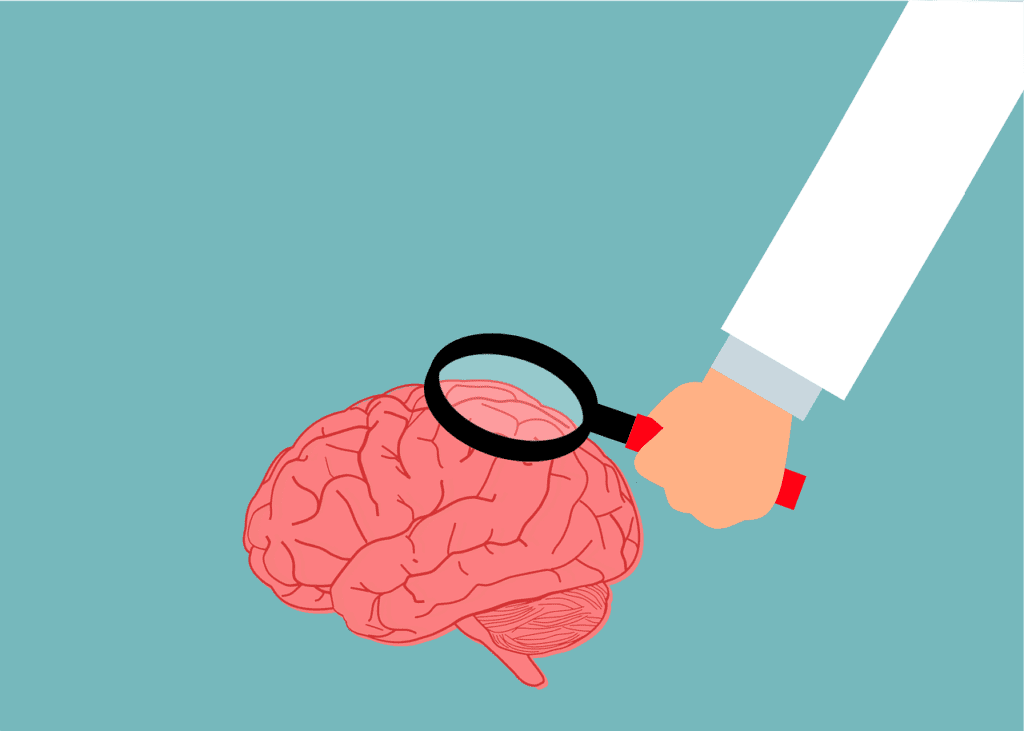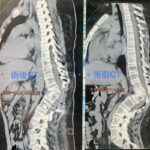Have you ever experienced sudden memory lapses, completely forgetting what you were doing, thinking, or even saying? Especially after the COVID-19 pandemic, many people find themselves in this predicament, wondering if they are experiencing dementia or if it’s just brain fog. A psychiatrist explains that in reality, you are simply dealing with “attention deficit”!
As the number of people infected with COVID-19 continues to rise, discussions about post-effects have also increased. The most common one heard is “brain fog.
” Even after recovering, one-third of COVID-19 survivors suffer from “brain fog” symptoms, including lack of concentration, memory problems, decreased cognitive abilities, fatigue, dizziness, depression, and anxiety.

Considering that the estimated number of COVID-19 patients worldwide has exceeded 700 million, there may be over 250 million people worldwide experiencing brain fog as a post-effect! The various symptoms of brain fog can persist for months or even longer, negatively impacting one’s life, work, and family.
Attention is Crucial, Don’t Neglect Temporary Loss
In psychology, “attention” is defined as the ability to direct and concentrate one’s mental activity on something. It is also one of the fundamental components of intelligence and plays a significant role in learning, work, social interactions, leisure activities, and more. It can help one avoid many dangerous situations.

The psychiatrist once treated some patients in their 40s who had recovered from COVID-19 last year but recently experienced noticeable difficulties in thinking and lack of concentration.
They even occasionally missed important tasks due to “lapses” and had communication problems with colleagues, leading to a meeting with their supervisor and a warning. Their job was at risk, so they had to seek medical examination.
Through the “Continuous Performance Test” (CPT) for attention assessment, it was discovered that the patient’s short-term attention values were abnormal, indicating severe impairment in short-term focus.
Additionally, their impulsivity and vigilance values (long-term attention) were higher than the normal average, requiring further medication treatment. After adjusting their lifestyle and implementing medication, Patient’s symptoms significantly improved, and he regained confidence in his work.
Clarifying Brain Fog vs. Dementia with Scientific Methods
“Brain fog” is a common long-term consequence of COVID-19, and it falls under the category of neurocognitive disorders along with common forms of dementia, attention deficit disorder, and hyperactivity. If brain fog doesn’t improve in the short term, it can not only greatly reduce the quality of life but also potentially develop into anxiety disorders, which should not be taken lightly.

Currently, there are many self-assessment questionnaires for brain fog, but most of them rely on subjective perception. It is still necessary to rely on the “Conners’ Continuous Performance Test (CPT),” also known as the “perception test,” to clarify the condition. Only through scientific validation can we truly identify the appropriate treatment.
The CPT is a computer-based test that evaluates patients’ attention, reaction time, and accuracy, providing indicators to detect the presence of brain fog. This test has been widely used in the diagnosis and monitoring of brain disorders, including mental illnesses, cognitive impairments, and brain injuries.
The CPT is primarily used to assess short-term and long-term attention deficits, as well as impulsive behaviors and other cognitive conditions. Through a 15-minute test, it generates 13 index values that evaluate various aspects such as attention, impulsivity, sustained attention, and vigilance. These values are then cross-referenced.
Be Aware of Declining Brain Perception, Monitor Early to Prevent Brain Damage
For patients who show abnormal results in the CPT, particularly those categorized as “unstable” (index values of 30 to 69), it is recommended to adjust lifestyle habits, maintain sufficient sleep, engage in appropriate exercise, and reduce sources of stress and anxiety. These measures can help improve attention and cognitive abilities.

For more severe abnormalities (index values greater than 70), psychological and pharmacological treatments are recommended.
Cognitive behavioral therapy and psychological counseling can assist patients in controlling and managing their behavior patterns. When necessary, medications and nutritional supplements can be used to increase concentrations of neurotransmitters in the brain, thereby enhancing attention and cognitive abilities.
For individuals, regardless of whether they have been infected with COVID-19, to pay attention to symptoms of poor concentration, as brain fog may also be an early sign of dementia. If experiencing symptoms such as mental fatigue, inability to focus, or difficulties in thinking persisting for several weeks, seeking timely medical attention and relevant examinations is advised for early detection and treatment.



